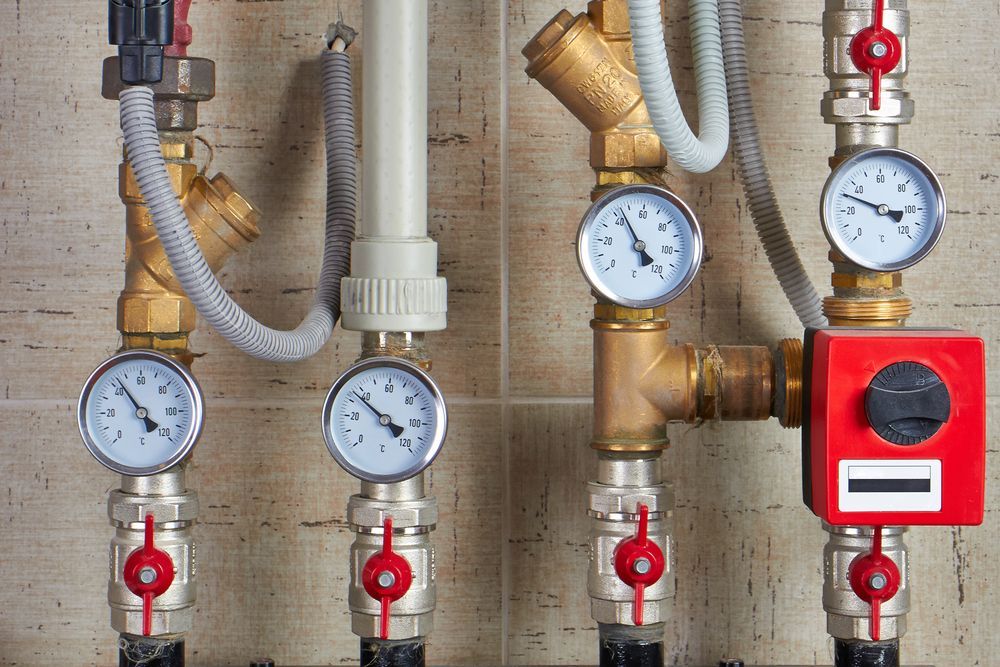Gas Fitting for Home Renovations: What You Need to Know Before Starting Your Project
Home renovation offers an exciting opportunity to refresh your living space, enhance functionality and introduce modern upgrades. However, when the project involves gas appliances, it also brings a layer of complexity that requires careful consideration. Each decision can impact the safety, efficiency and overall success of your renovation. In this blog, we’ll delve into the key aspects of gas fitting that you need to know before starting your renovation.

Gas Line Capacity for New Appliances
Before introducing new gas appliances into your home, it’s essential to evaluate whether your existing gas line can accommodate the increased demand. This step is particularly important in older homes, where the infrastructure may not be designed to handle modern, high-efficiency appliances. An experienced gas fitter will assess your current gas line capacity by examining the size and condition of the pipes, the current gas usage and the potential load of any new installations.
If your gas line is insufficient, upgrading it may be necessary to avoid potential safety hazards such as gas leaks or low appliance performance. Gas fitters will replace existing pipes with those of a larger diameter to ensure your new appliances receive the appropriate amount of gas.
Compliance with Local Gas Safety Regulations
Compliance with local safety regulations during gas fitting is non-negotiable. Failing to adhere to these regulations can pose significant safety risks and result in hefty fines. Therefore, your gas fitter should be well-versed in the local regulations that govern gas installations in your area. These regulations can cover a wide range of factors, including the correct installation of gas appliances and the appropriate placement of gas meters.
To ensure compliance, your gas fitter will thoroughly inspect your existing setup and the proposed changes. They will check for proper ventilation, the safe distance between gas appliances and combustible materials and the correct installation of safety devices like gas detectors.
Considerations Before Hiring a Gas Fitter for Your Renovation
Here are some recommendations on what to consider before hiring a gas fitter:
- Research & Verify Credentials: Ensure the gas fitter you’re considering is fully licensed and certified to perform gas installations in your area. A licensed professional will have the necessary training and experience to handle the complexities of gas fitting.
- Request Detailed Quotes & Timelines: Obtain detailed quotes that break down the project costs. Also, discuss the project timeline to ensure it aligns with your renovation schedule and expectations.
- Plan for Potential Disruptions: Gas fitting work sometimes requires temporary disruptions to your gas supply or other utilities. It’s important to plan for these disruptions and discuss them with your gas fitter to minimise inconvenience during your renovation.
By taking these steps, you can make a well-informed decision when hiring a gas fitter.
Let’s Discuss Your Gas Fitting Needs
At GPS Plumbing, Drainage & Gasfitting, we understand the intricacies of gas fitting for home renovations. Whether you’re upgrading your kitchen or adding a new living space, our experienced team is here to ensure your project is completed safely and efficiently. Get in touch with our plumbers and gas fitters in Dubbo today!












